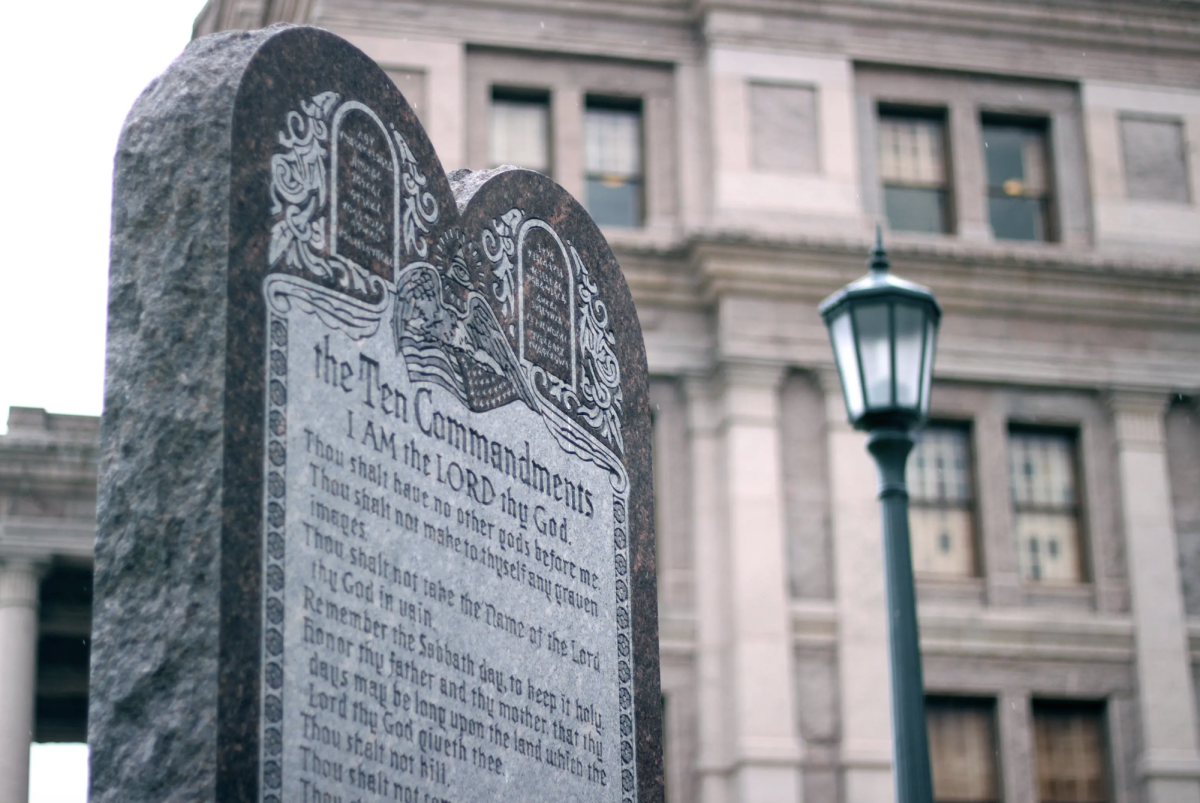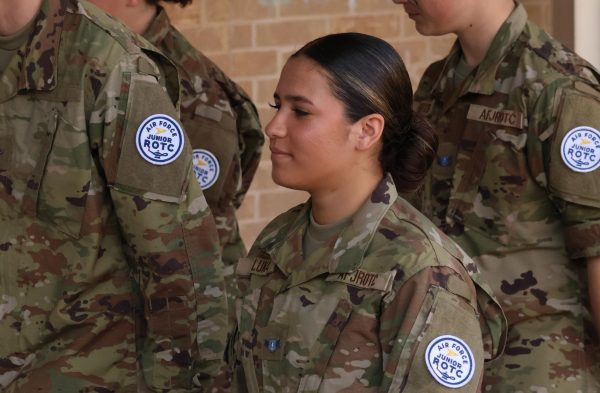The Syrian situation
The war in Middle East increasingly complicates
May 3, 2017
Since 2011, the Syrian people have been involved in a nation-wide civil war against their president and leader Bashar al-Assad, that started as a peaceful protest. The demonstrators marched on the capital city of Damascus, demanding democratic reform and the release of 15 teenagers who had spray painted the words ‘the people want the fall of the regime’ onto a wall in the city of Daraa and were allegedly tortured for it. However, the demonstration was met with backlash from the government who tried to crack down on the problem, resulting in the deaths of dozens. Thousands of mourners attended the funerals of two of those killed in the crossfire, and the government pushed even further back as they tear-gassed those at the funeral proceedings, and fired guns into the crowd. This was only the beginning of a war that has yet to find an end.
“Most people I talk to don’t seem to know what’s going on,” sophomore Angelina Cook said, “there seems to be a lot of different sides to the story depending on who you ask. I’ve been meaning to really look into it myself but I do know that the situation is terrible for the people, people are dying, regardless of who’s involved with what or who’s at fault.”
Since then the situation, and the violence that came with it, has only escalated. Thousands have been left without a home due to the destructions of their cities. In August 2013 alone, thousands of civilians were killed due to a chemical attack after rockets filled with sarin were fired into the suburbs of Damascus. While the government denies involvement, it has been found that many attacks have happened throughout 2014 in highly rebel concentrated areas, and the most recent occurring in April 2017.
“I don’t’ think it’s a black and white topic,” sophomore Andrew Young said. “There is so much more going on in every war and Syria is no exception.”
Though this may seem like a war between government and protestors, it isn’t that cut and dry. There are actually many different wars going on at one time, each backed by different countries with different goals. The Syrian government, in addition to battling rebels, is also up against the terror organization ISIS, who has seized land, and the Kurds, a group who views themselves as ethnically separate from Syrians, and has unofficially seceded from the country. The United States, while initially siding with the rebels against Assad, has since turned their concentration to rebel groups against ISIS, and began training them accordingly. Countries such as Russia and Iran complicate issues further, as they lend their support to Assad and the Syrian government. With so many groups with different goals and different backers, it’s a difficult situation to untangle.
“I don’t really think that we have any business meddling with other countries,” junior Gage Delosh said. “I really think all the wars we have in the Middle East are stupid, unless the main goal is to fight terrorism, then I support it.”
Almost 5 million Syrians are forced from their homes and seeking refuge from the war torn, constantly bombed streets of their country and despite not being involved, many are still targeted. Recently, another chemical attack was set off in civilian areas, leaving dozens dead This illegal sarin attack resulted with the United States directly attacking Assad for the first time by launching 59 tomahawk missiles. But it is unknown exactly what sort of effect it will have and the only thing anyone can do is wait to see what happens next.
“The use of chemical weapons should be punished extensively and efficiently,” sophomore Easton Gill said. “Having said that I don’t think using missiles was necessarily the correct way to solve things. Something needs to be done and not much is, and it’s a terrifying thought to know how badly civilians are suffering.”







